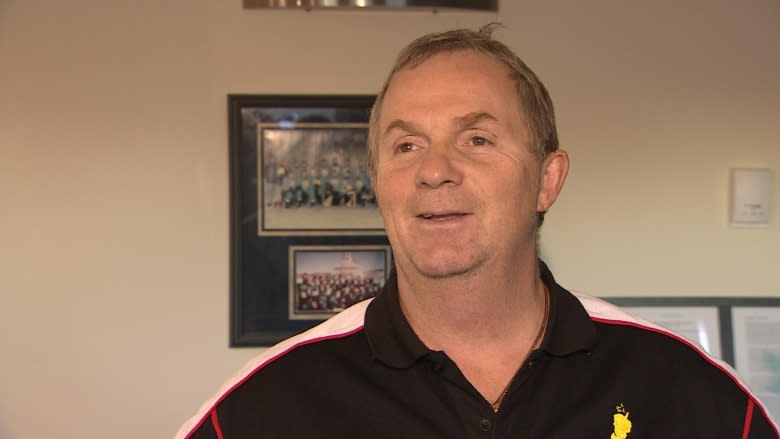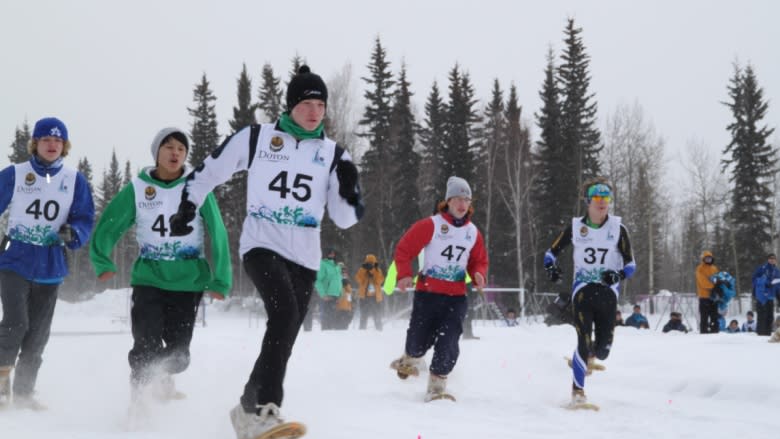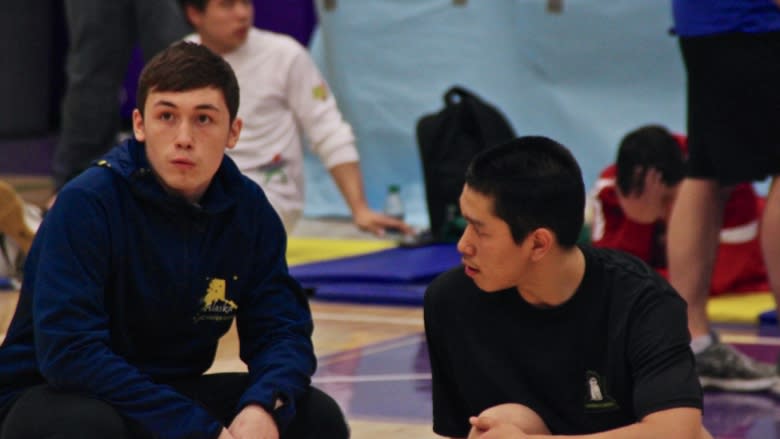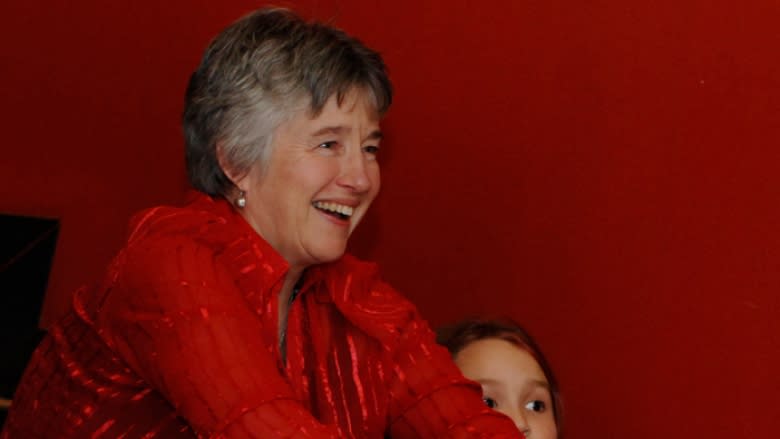Athletes descend on N.W.T.'s South Slave region as 2018 Arctic Winter Games set to begin
Athletes from the circumpolar world have descended on the Northwest Territories communities of Hay River and Fort Smith, where a dream nearly 15 years in the making culminates today with the opening of the 2018 Arctic Winter Games.
About 1,900 athletes from Canada's territories, Nunavik, northern Alberta, Alaska, Greenland, Russia and Scandinavia will compete in the multi-sport competition, swelling the populations of both communities. Hay River typically has about 3,500 residents, Fort Smith about 2,500.
"Everybody's excited," said Greg Rowe, president of the host society. "The atmosphere is still anxious, but there's been overwhelming support from the region."
The idea to bring the Arctic Winter Games back to the South Slave region — it previously hosted a much smaller event in 1978 — has been percolating since 2004, when Hay River and Fort Smith submitted a joint bid for the 2008 Games. Those Games were ultimately awarded to Yellowknife, but when the capital decided not to bid on the 2018 iteration, the door opened for Rowe and his committee to step in and showcase their home region.
"I got involved to give back to the Games," said Rowe, who has participated as an athlete, coach, official and organizer. "It's just been a lifelong passion, just a wonderful feeling that you can be part of it."
'This is really their Olympics'
The Arctic Winter Games have been a major part of life in the North since 1970, when they began as a way to counteract the territories' struggle to compete with the more populous, well resourced provinces. Since then, they've grown — now boasting nine contingents — but have not lost their relevance, according to Ian Legaree, technical director of the Arctic Winter Games International Committee.
"It helps support culture, it helps build it, but it also helps build pride," he said. "What really strikes you is the mixture of cultures and people from around the North, from all those different countries that are involved."
The Arctic Winter Games play an important role in sport development in Canada's territories, particularly in the promotion of traditional sports, which have been a part of the Games since their founding. This year, 16 different Dene and Inuit sports will be contested.
"It's certainly played a role in the revival of traditional sports," said Patti-Kay Hamilton, a longtime Fort Smith resident who is chairing the cross-country skiing event. "You certainly didn't see a lot of youth involved in dog sledding, for example, in the past. Because of the Arctic Winter Games, I have seen a real growth in those sports."
The inclusion of traditional sports is also unique in that they promote a sharing culture, something often not seen in competitive sports events. Arctic sports participants are encouraged to help each other, and it's not uncommon to see officials stop competitions to give tips to athletes.
"You just don't see that in other sports," said Hamilton. "The Arctic Winter Games is unique, and you really feel it. There's more of a sense of friendliness and sharing."
Stretched to the limit
Bringing the Games to two smaller, less accessible communities has not been without challenges. The host society has faced issues including shortages of volunteers and accommodations, and Hay River's new hockey arena — the host venue for Sunday's opening ceremony — opened just a week before the Games were set to begin.
"Just about every human being in this community has been involved in some way in preparation," said Hamilton. "Whether it's digging up snow or setting up porta-potties, everyone's busy."
However, Rowe said that despite difficulties in the early going, support from the business and volunteer community has been overwhelming in ensuring the event gets to the finish line.
"These are pretty small towns to host a Games this size," said Legaree. "But that hasn't stopped them... they've been tenacious, and they're going to make it work."
The stakes are high for this year's event. A successful Games could open the door for other small communities to host in the future, something Hamilton says this year's organizers are well aware of.
"Bringing the Games back to the South Slave is really, really significant," she said. "A lot of people are watching us.
"I think, hopefully, if we do things well, the international committee will be convinced."





